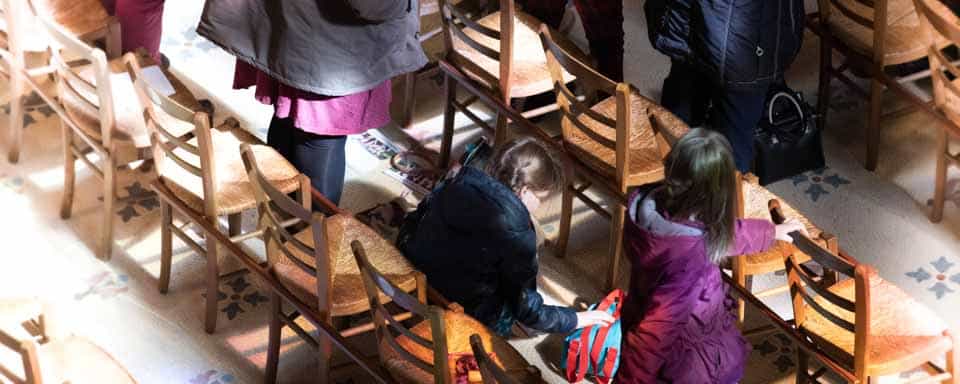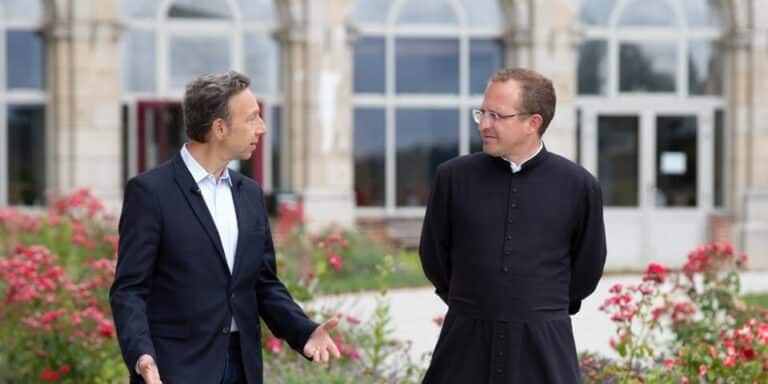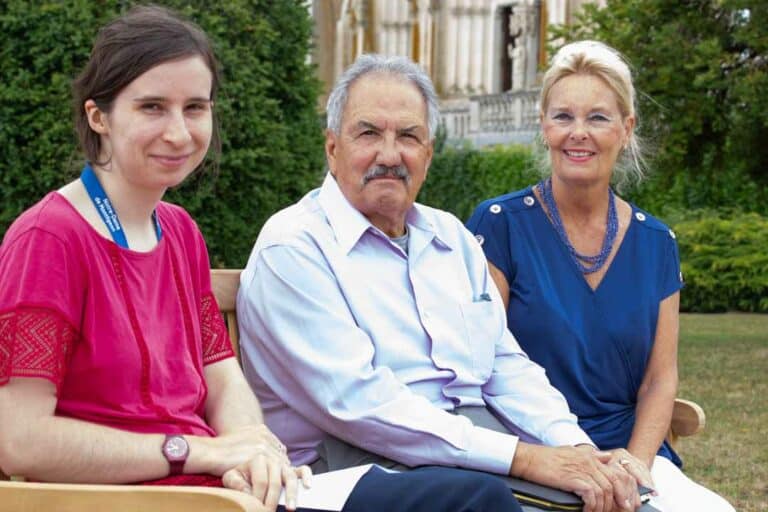The death of a loved one affects so much the adults that they tend to not let their children know about it, so as to protect them. Very often, they remain silent and choose not to trigger off questions from their young ones. Should we talk to children about the dead? Should we tell them everything? At what age approach them with such a topic? Read about Sr.Cecilia’s suggestions.
As adults, we easily cut short our children’s conversations or questioning that may relate to sensitive issues in our life, especially so with regards to bereavements. By short read-made sentences such as “Let’s talk about happier things” or “Let us not recall all this, it belongs to the past”, etc.) which, nevertheless, do not generate inner peace, we simply abscond the reality.
Children, due to their extreme sensitivity, will easily spot our discomfort. Without answer, they will hence endeavor to find one by all means. They will seek an explanation, and either their imagination will make one up or will they get an answer through a different approach, which can be much more brutal.
Talking about our deceased to our children is doing them a good turn
For not to talk about it is to “hack” their roots and “steal” part of their history, sometimes risking major troubles. Ann, a woman in deep psychological distress for years, is the youngest of a family of seven. She discovered, when her mother was elderly, that she had two still-born older brothers whom her parents had not felt the need to talk about to their seven children born thereafter. As soon as this secret was revealed, Ann was able to enter on a real course of inner pacification. Thus she chose as a first step to go and visit the tomb of her two brothers who are present in the mystery of the communion of saints.
Yet, should everything be revealed? And at what age?
In view of certain circumstances, some situations can indeed be awkward. Thus, for example, this Catholic mother who, in accordance with her husband, had gone for a therapeutic abortion – which she now deeply regrets – and who is in a state of panic about the idea of having to reveal it to their growing up children.
Parents often wonder “Should we tell our eldest one aged 10 that this person, so close to our family, in fact committed suicide?” Thus, so many different tricky situations to address.
Obviously a 10-year old child may be told things which a 5 or 6-year old cannot due to his lack of maturity; this has to be taken into consideration and must be respected. The disclosure can be made gradually in time, and adapted to the age of the child.
An essential notion to bear in mind when talking to children about the deceased
One need to bear in mind this essential notion, so well summered up in Psalm 85: “Love and truth will meet; justice and peace will kiss.”
Truth without loving consideration can be traumatic and hurtful. Then again hiding the truth alleging to protect one’s child is however not profitable and can lead to serious psychological problems. Charity in truth leads to real peace.
Sister Cecilia, sna, C.E. n°289, Nov-Dec. 2018.




